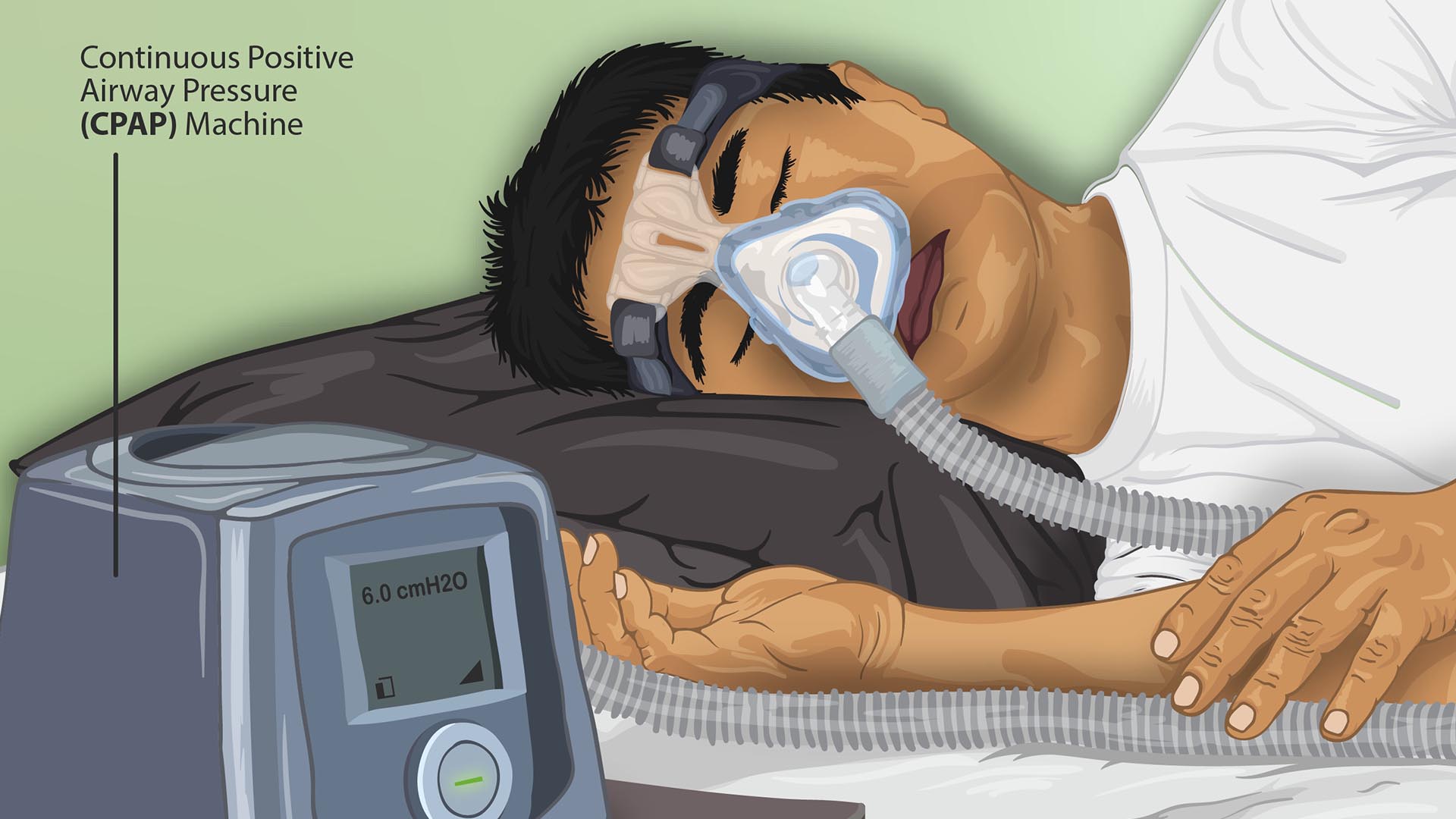A Multilevel Intervention to Reduce Disparities in Obstructive Sleep Apnea and Related Cardiometabolic Outcomes
Abstract
Project 2 will implement a multilevel intervention to reduce disparities in the diagnosis and management of obstructive sleep apnea to improve cardiometabolic outcomes. Specifically, this project will implement a randomized clinical trial to test the hypothesis that treatment of obstructive sleep apnea (OSA) with positive airway pressure (PAP) and motivational enhancement therapy (MET) therapy in Black and Hispanic patients improves adherence to PAP therapy and downstream sequelae including blood pressure, glycemic profiles, and quality of life. OSA-related Intermittent hypoxemia and sleep fragmentation activate the sympathetic nervous system, increase oxidative stress, and heighten systemic inflammation. These perturbations can increase blood pressure, decrease insulin sensitivity and impair β-cell function, and impact quality of life. Poor adherence to PAP therapy is most notable in minority populations, reflecting multiple individual, and health system level challenges.
Over the last decade various strategies to augment adherence to PAP therapy have been rigorously sought. One successful approach is the use of MET to improve adherence MET, which is based on the principles of motivational interviewing, is designed to promote self-efficacy and maximize behavioral change. To address feasibility of implementing MET in Federally Qualified Health Centers (FQHC), where access to sub-specialized sleep care is less likely, we propose screening for and diagnosing OSA using the electronic health record, at home sleep apnea tests, and training community health workers (CHW) to implement MET.
The central scientific premise of this application is that MET, implemented by CHW trained in motivational interviewing, can improve PAP adherence. Our approach of using CHWs will provide a feasible, generalizable, and scalable approach to tackling the common problem of poor PAP adherence in the underserved. Our Specific Aims are as follows.
Specific Aims
Aim 1: To compare the impact of MET, with specific attention to social, physical, psychological and environmental barriers (social determinants of health), delivered by culturally congruent CHWs versus an attention-matched comparator (consisting of comparable number of calls to discuss general sleep hygiene) on: (a) PAP adherence, (b) blood pressure, (c) 24-hr glycemic profiles, (d) daytime sleepiness, and (e) quality of life at 90 days.
Aim 2: To compare the 3, 6, and 12 month healthcare utilization patterns and costs of care of OSA patients in each study arm. Given the high prevalence of OSA and medical comorbidities in the minority populations, findings from this trial would have a major impact on both clinical practice and public health, justifying early case identification and treatment of OSA in underserved populations.




